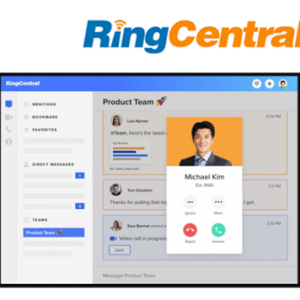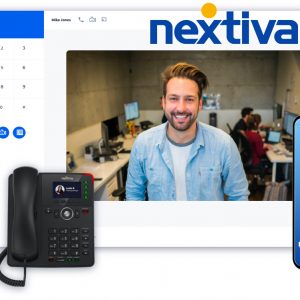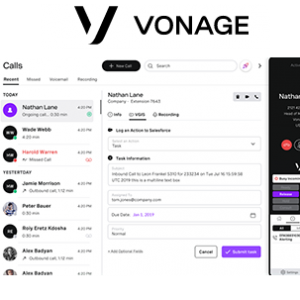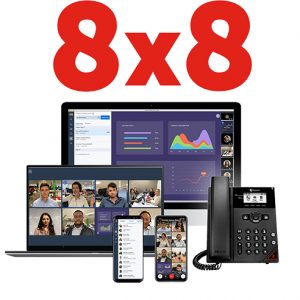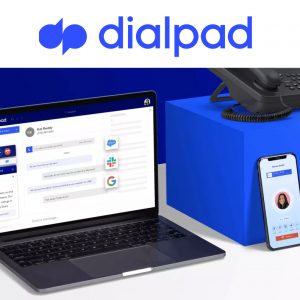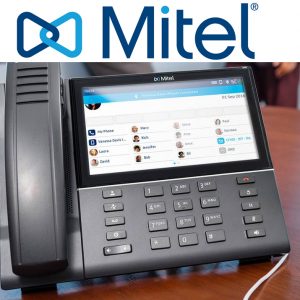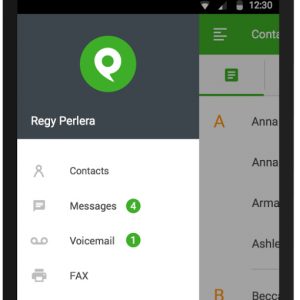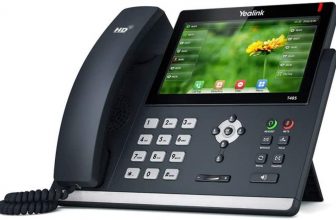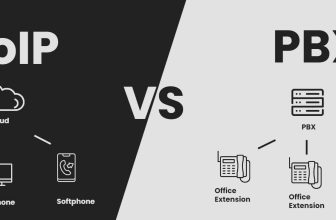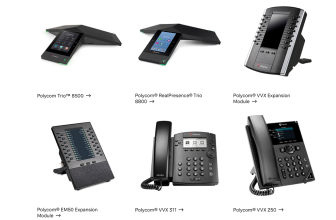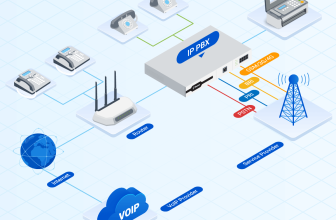Question: What is a Virtual Phone Line and How does it work?
Common Asked Question
As a business owner or entrepreneur, you know that you must have the right tools to get your job done. That general mentality extends to how you communicate with your clients, customers, vendor, and other business contacts as well. While you can certainly use your personal cell phone to make calls, you may not always want to be on call for clients, or you might not want to utilize your personal cell phone or landline for business purposes.
Regardless of what kind of business you have, you need a communication system that will let you reach out to clients on a regular basis. Which type of system will work for you will depend on your type of business, personal preferences, and whether you have a team of people that operate as part of your company.
A virtual phone line or virtual phone number can be a great resource for companies that do not need a full-blown physical phone system or who want some flexibility in how they communicate with clients. It works very well for those who do not operate out of a physical office and have no need for a phone that is attached to a desk.
A virtual phone number or virtual phone system is not tied to a specific phone line. It moves among many different phones, which means that several people can have access to the phone line on various cell phones.
Several years ago, large companies would use virtual phone numbers for their traveling sales teams. It allowed them to forward phone calls from desk phones to cell phones so that sales associates could pick up no matter where they were physically located. Today, phone numbers are in the cloud, which means they are not tied to a desk phone and can be associated with any smartphone.
A virtual phone number is internet-based rather than set up to use a phone company or cell tower. You can change the device you use with a particular phone number at any time. You can alter your system to only ring at certain times, for example, or you can route calls to a virtual phone line as well.
Virtual phone systems offer incredible flexibility for business owners. You can literally keep your office from anywhere that you have access to data. Some of the main benefits include:
- Working from any location
Calls route instantly to your mobile number; voicemails can be set up to be sent to your inbox in an MP3 or as text. You can even forward faxes to your email as PDF documents.
You can be virtually anywhere and still keep tabs on what is going on at your physical office. In fact, you can forgo having a physical office location at all and still stay connected to clients, vendors, and employees.
- Provide a professional appearance
Small business owners and entrepreneurs like having a separate virtual phone line because they can provide a business number to clients.
Operating from your personal cell phone number may make some clients think that you are not a “serious” business owner or question your abilities in some circumstances. It also hides your personal phone number from clients and other business contacts as well.
Having a separate business number that is local and professional can help you keep up with your larger competition, without having to invest in huge phone systems.
- Keep employees productive and connected
When employees have to travel, it is easy to disconnect from what is happening at the office. If you have calls forwarded to a virtual phone number, however, employees can still keep up with obligations at the office while also fulfilling their traveling duties for clients or other vital business operations.
- Significant cost savings
Having a virtual phone line or phone number is often significantly less expensive compared to investing in a business phone system. If you work on your own or have just a few employees, a huge phone system may not make sense for what your business needs.
Capital start-up expenses to set up a virtual phone number are very low, and set up is easy and fast. Getting your phone number established quickly allows you to start communicating effectively with clients faster than you might think.
The benefits of a virtual phone line generally outweigh the negative aspects, but there are a few drawbacks that you should consider if you are thinking about making the switch to this type of system.
Reliability Concerns
One of the most significant drawbacks of a virtual phone system is that they may not be as reliable as a traditional phone system. Because the calling features are purely internet-based, your ability to send and receive calls is only as good as the internet availability in that area. While strong internet connections are becoming easier to find, they are not everywhere, and systems can easily go down if there are internet problems.
Minutes and Other Restrictions
Virtual phone lines will still use your cell phone plan minutes as if you were making personal phone calls. If your personal cell phone has restrictions on how many minutes you can use within a month, for example, then you may be charged extra if you go over that restriction. Business owners and employees should be aware of how they are using minutes to avoid unnecessary expenses.
Work-Life Balance Issues
One of the biggest complaints that small business owners have about having a virtual phone line is that they have a hard time cutting off clients. When clients know that they can reach you at any time on your business line, it can be tempting to field phone calls at all hours.
Because many entrepreneurs often have strong work ethics, setting specific hours of availability can help them avoid burnout and set realistic (and reasonable) client expectations.
Some companies offer virtual phone lines free of charge. Google Voice, for example, offers personal virtual phone lines. Businesses, however, may need to pay a fee to get all of the services that they need for their company. Other virtual phone line providers include:
Virtual phone numbers are available in most parts of the world, but not every country offers this type of service. Providers will let you know if there are service limitations.
You can also convert your existing phone number to a virtual line. If you already have a business phone number but want to transition your phone system to a virtual connection, you can still do that without changing your business’s number. This process is referred to as “porting,” and most providers can work with you to make this transition.
